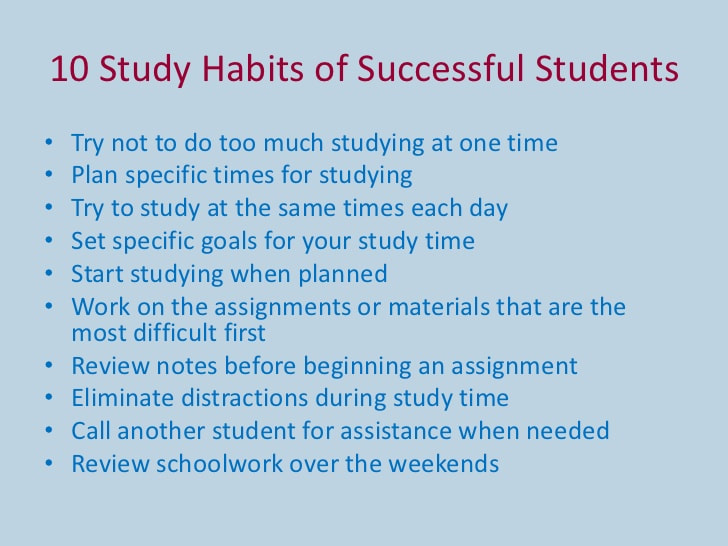Take the new short course!! Click HERE
Go on - it's less than 10 minutes
How to study efficiently
There are a number of ways to learn, but the trick is to learn efficiently. Math, Science, Engineering, and problem-solving in general takes more than just reading through the material or listening to the teacher - it takes active participation!
- Always keep a positive attitude! If you tell yourself and believe that you can achieve it, you probably can.
- Master a small amount of material at a time. Most problem-solving builds on prior knowledge, so don’t try to learn it all at once. Try to really master a topic or a section before going on to the next.
- Use many different styles of learning.
- Listen to your teacher, tutor, video, or podcast.
- Read about the material in your book, worksheets, or online resources.
- Think about the material after each paragraph. It’s not a race to get through the end of the chapter; it’s about learning the material really well the first time so you don’t have to spend time later re-learning.
- Answer questions about the material. If there is a section review, take the time to do it! This will help you make sure that you got the big picture.
- Re-work the examples. Write the example questions on a separate sheet of paper and then close the book – no peeking. If you can do the example by yourself, you know that you can do it, but if you can’t then you can go back to look at how the example was worked. You may often find that you work a problem differently than the person who solved the example, but that’s OK. If you find a way that works for you, then stick to it. You may however find that your method works, but the example may work the problem in an easier way.
- Master the concepts and vocabulary before jumping right into the math! This is particularly true in a course like physics. Students often think that they are struggling because of the math when really they have a more fundamental problem – not understanding the concepts.
- Check your answers!! Many books and teachers' websites have answers to selected problems so you can make sure you are doing them correctly. Take advantage of that. In many cases you can check your answers by plugging the solution back into the original equation or graphing the solution. Many calculators also have solvers that you can use to check your answers.
- Listen to your teacher, tutor, video, or podcast.

